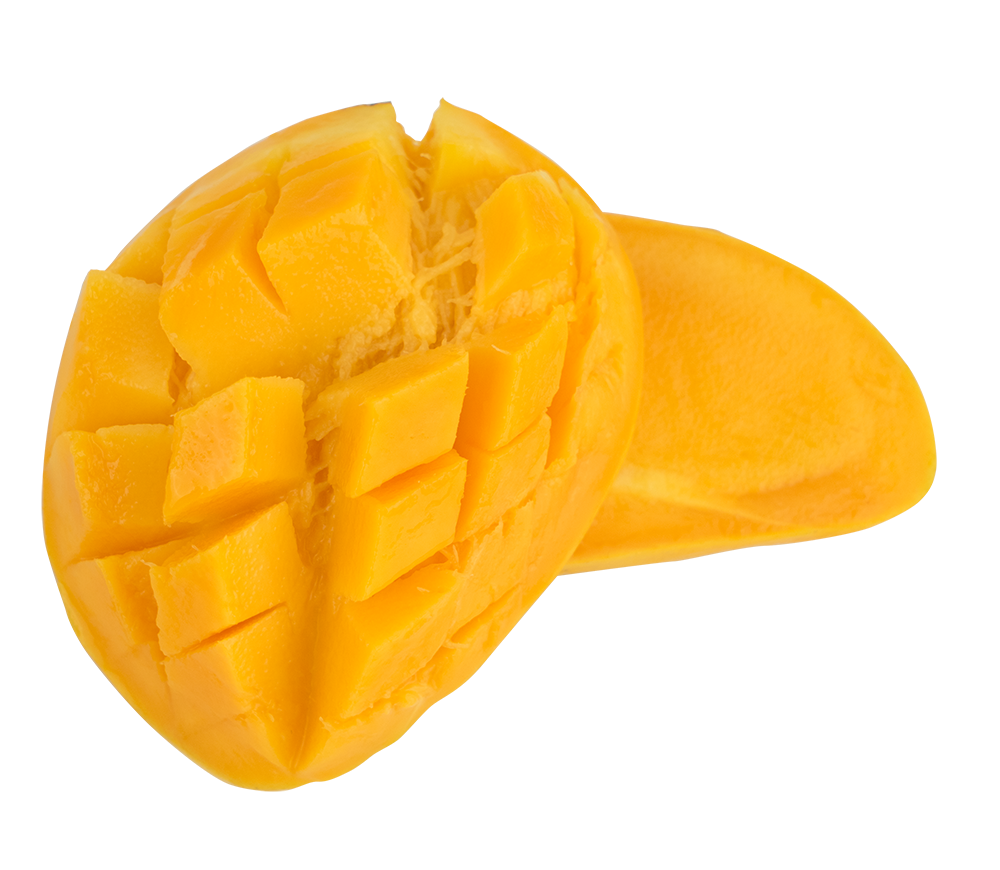Are mangoes low in calories

Are mangoes low in calories
If you’re looking for a sweet, tasty treat that won’t weigh you down, mango is an excellent choice. As mentioned earlier, one cup (165 grams) of fresh mango contains fewer than 100 calories, making it a low-calorie food that won’t sabotage your weight loss efforts.
In addition to being low in calories, mango is also low in fat and high in fiber, which can help to keep you feeling full and satisfied for longer periods of time. This can be especially beneficial if you’re trying to cut back on your overall calorie intake.
Moreover, the low calorie density of mango means that you can eat a larger volume of food without consuming too many calories. This can help to prevent overeating and make it easier to stick to a healthy eating plan.
However, it’s important to note that not all forms of mango are created equal when it comes to calorie content. Dried mango, for example, has a higher calorie density than fresh mango and is often sweetened with added sugars. Just one cup (160 grams) of dried mango contains a whopping 510 calories and 106 grams of sugar (13Trusted Source).
While dried mango still provides nutrients like vitamins, minerals, and antioxidants, it’s best to consume it in moderation as part of a balanced diet. Fresh mango, on the other hand, is a great choice for snacking or adding to meals and can help you to meet your daily nutrient needs without contributing too many calories to your diet.
In conclusion, mango is a low-calorie food that can be a great addition to a healthy diet. Whether you enjoy it fresh, frozen, or blended into a smoothie, mango is a tasty and nutritious fruit that can help you to maintain a healthy weight and support your overall health and well-being.